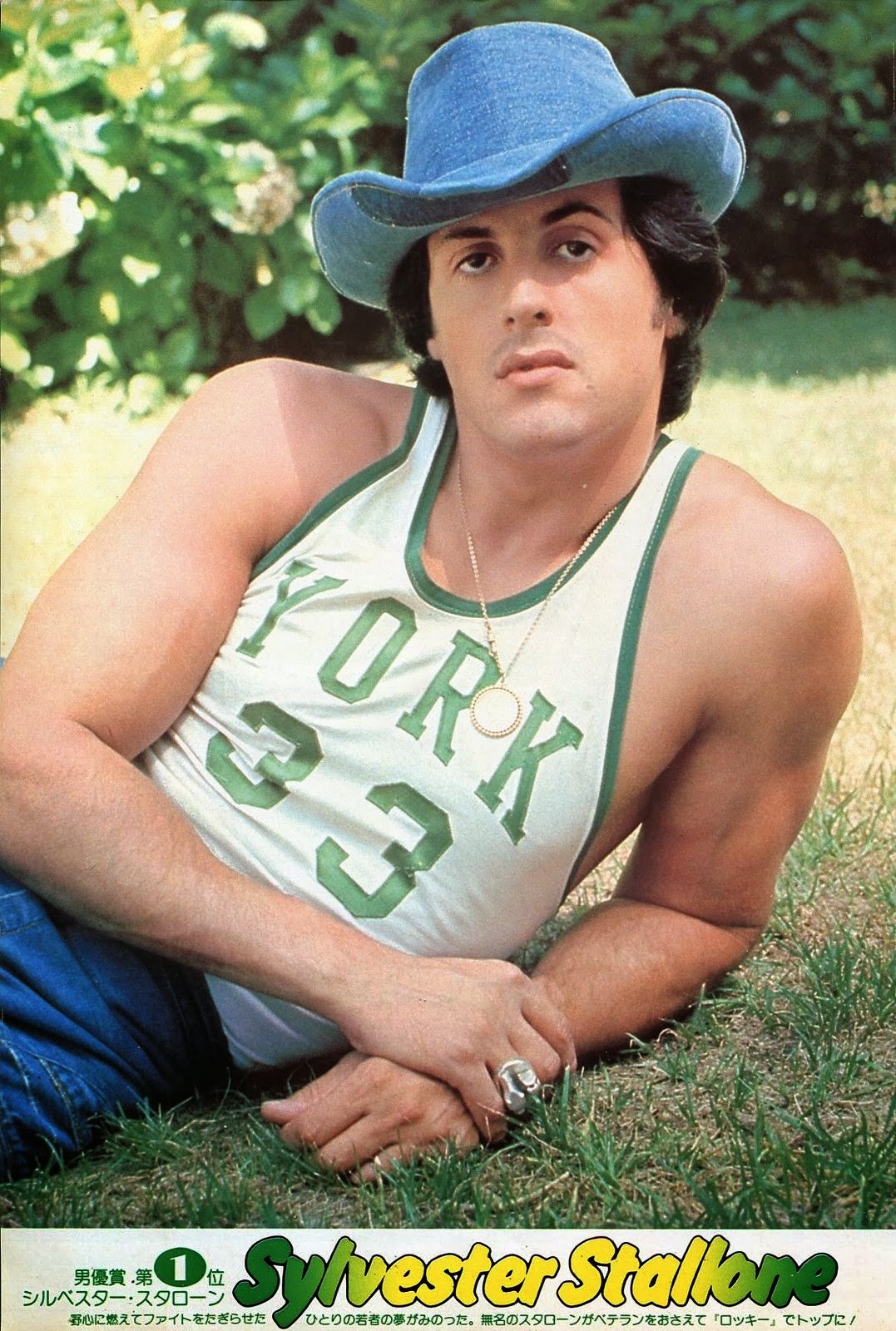Did Sylvester Stallone Regret Refusing Coming Home? A Look Back At 1978

Table of Contents
1978 was a pivotal year. Coming Home, a powerful anti-war drama, was poised to become a cultural touchstone. This article will delve into the circumstances surrounding Stallone's decision, exploring the potential allure of the role, his career at that time, and the lasting impact of his refusal. We will examine the evidence and speculate on whether this choice, made at the height of his Rocky success, might have been one he later questioned.
The Allure of Coming Home: Why Stallone Was Offered the Role
Coming Home was more than just a film; it was a critical and commercial triumph, garnering numerous awards and accolades. Its success stemmed from its sensitive portrayal of the emotional toll of war on soldiers and their families.
The film's success and critical acclaim
The film's success wasn't fleeting. Coming Home won several Academy Awards, including Best Actress (Jane Fonda), Best Supporting Actor (Jon Voight), and Best Original Screenplay. Its prestige was undeniable.
The potential for a dramatic role showcasing Stallone's range
Stallone's image was largely defined by his breakout role in Rocky. However, Coming Home offered the opportunity to showcase a different side of his talent, proving his range beyond the action genre.
- The project offered a chance to work with renowned director Hal Ashby.
- The role held significant potential for award nominations and critical praise, further solidifying his career.
- Acceptance would have diversified his portfolio, moving beyond the action hero typecast, potentially attracting diverse roles and broader audience appeal.
Stallone's Career Trajectory in 1978: A Rocky Foundation
The year 1978 was all about Rocky. The film's phenomenal success catapulted Stallone to superstardom. This success, however, also came with its own set of pressures and considerations.
The massive success of Rocky and its impact on Stallone's image
Rocky wasn't just a film; it was a cultural phenomenon. It irrevocably shaped Stallone's public persona as a charismatic, underdog action hero.
Stallone's creative control and reluctance to compromise his artistic vision
Stallone was fiercely protective of his creative control. He was known for writing and shaping his own roles, ensuring they aligned with his artistic vision.
- His strong desire to maintain independence influenced many of his decisions.
- He favored action-oriented roles and scripts where he could actively participate in the creative process.
- The overwhelming success of Rocky likely emboldened his confidence in his creative instincts and preferences.
The Reasons Behind Stallone's Refusal: A Speculative Analysis
While we may never know Stallone's exact reasoning, we can explore some plausible explanations for his rejection of the Coming Home role.
Potential conflicts with Rocky II scheduling
The production timelines of Rocky II might have clashed with Coming Home, making it impossible for Stallone to commit to both projects.
Creative differences with the director or script
Potential disagreements with the director or scriptwriters regarding character portrayal or storyline could have influenced his decision.
Stallone's preference for action-oriented roles
Perhaps Stallone simply felt the dramatic role didn't align with his immediate career goals or acting preferences at the time.
- The production schedule of Rocky II likely demanded his full attention.
- Unconfirmed rumors of script disagreements or differing creative visions could be explored.
- Stallone's established preference for physical, action-heavy roles might have been a deciding factor.
The Long-Term Impact: What If Stallone Had Said Yes?
The hypothetical "what if" scenario presents a fascinating counterfactual history.
Potential career shifts: Award recognition, broader acting range
Accepting the role could have led to Academy Award recognition, establishing his versatility as an actor beyond action films.
The impact on his public persona and legacy
A successful dramatic role might have reshaped his public image, diversifying his career beyond the action hero stereotype.
- A critically acclaimed performance in a dramatic film could have broadened his acting opportunities.
- Potential awards would have solidified his position as a highly respected actor.
- It's possible his enduring legacy as an action icon might have been less prominent.
Finding the Answer: Evidence and Speculation
Unfortunately, definitive proof of Stallone's reasoning remains elusive.
Examining interviews and statements from Stallone or those involved in Coming Home
Researching interviews and statements from Stallone or individuals involved in the production of Coming Home could shed light on this intriguing question.
Weighing the available information against the context of his career
Analyzing available information within the broader context of Stallone's career ambitions at the time is crucial.
- Very little publicly available evidence directly addresses Stallone's reasoning for declining the role.
- The available evidence mostly points to scheduling conflicts and a preference for action roles.
- Ultimately, some aspects remain speculation, and definitive answers might remain unobtainable.
Conclusion: Did Stallone Regret Missing His Chance? A Final Thought
The evidence suggests that Stallone's decision to refuse the role in Coming Home was likely driven by a combination of factors, primarily scheduling conflicts with Rocky II and a preference for action-oriented roles at that stage of his career. While a dramatic role could have diversified his portfolio and possibly brought him different types of awards, his success with the Rocky franchise arguably solidified his position in Hollywood. Did Sylvester Stallone regret refusing Coming Home? The question remains open to interpretation. What are your thoughts on Sylvester Stallone's career choices? Share your opinions on Stallone's decision on Coming Home and his 1978 choices in the comments below! Let's continue the discussion on Sylvester Stallone's career path.

Featured Posts
-
 Holstein Kiel Holds Mainz To Draw Avoiding Relegation Threat
May 11, 2025
Holstein Kiel Holds Mainz To Draw Avoiding Relegation Threat
May 11, 2025 -
 Thomas Muellers Farewell His Most Frequent Playing Partners At Bayern Munich
May 11, 2025
Thomas Muellers Farewell His Most Frequent Playing Partners At Bayern Munich
May 11, 2025 -
 Reflecting On 25 Years Thomas Muellers Allianz Arena Farewell
May 11, 2025
Reflecting On 25 Years Thomas Muellers Allianz Arena Farewell
May 11, 2025 -
 Indianapolis 500 Palou Earns Pole Andretti Team Disappoints
May 11, 2025
Indianapolis 500 Palou Earns Pole Andretti Team Disappoints
May 11, 2025 -
 Bayern Munich L Interview Piquante De Thomas Mueller
May 11, 2025
Bayern Munich L Interview Piquante De Thomas Mueller
May 11, 2025
